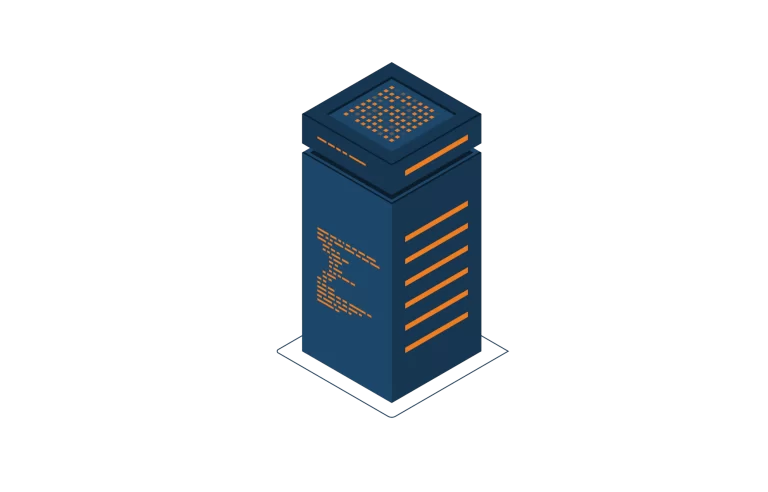How DDP Functions
DDP operates on a simple premise: the seller takes care of everything. From the moment goods are dispatched until they reach the final destination, the seller ensures that all aspects of delivery are handled. This includes dealing with customs, tariffs, and other restrictions, making the interaction simpler for buyers. The harmonized system code (HS code), commonly known as the HTS harmonized tariff, is a crucial component of the customs clearing procedure. Using the right HS code, merchants can determine the right tariff rates to ensure compliance.
Overcoming Complexities in Growing Markets with DDP
Businesses in developing nations, such as Afghanistan, face a variety of hurdles, including complex import restrictions, shifting tariffs, and inconsistent infrastructure. These issues can be mitigated by using DDP, as the seller bears the majority of the risks. This is critical in markets where local customs processes might cause delays in shipments or where import duties are difficult to forecast.
Understanding and applying terminologies like DAPS (Delivered at Place) and DAP (Delivered at Place) can also assist you navigate these waters. These terms are closely related to DDP, but there are differences. While DAP means that the seller covers the cost of delivery to a specific place, the buyer assumes responsibility for import duties and taxes. DAPS extends this concept further, where the seller bears even more responsibility than in DAP.
For a company trying to grow into new markets, having a system like DDP in place means fewer surprises. The customer does not have to worry about customs complications or unexpected taxes when the items arrive. This promotes trust in both local and international markets.
DDP Meaning and Its Importance in International Trade
So, what does DDP mean for businesses globally? Simply put, DDP is a way for sellers to make international trade simpler and more predictable. By handling every aspect of the transaction, from shipping to customs duties, sellers reduce the burden on the buyer. This also contributes to a more streamlined operation, which is crucial in fast-paced and evolving markets. Whether you’re shipping to a developed country or an emerging one, using DDP guarantees that the buyer knows exactly what to expect.
Conclusion
DDP is an essential tool for businesses operating in progressive and growing markets. With its clear structure and simplified process, it helps businesses overcome the complex logistics, customs, and tax challenges that come with international trade. As markets such as Afghanistan expand, using DDP and knowing related terms like DAP, DAPS, and the harmonized system code will enable firms to better manage their shipments, assuring smoother transactions and lowering risks along the way.
DDP allows businesses to enter new markets with confidence, knowing they have a dependable method for delivering goods without the risk of hidden expenses or customs-related delays. By understanding and applying DDP and its related terms, companies will have the tools they need to succeed in even the most complex markets.
DID YOU KNOW?
“Made in Afghanistan Equipment Aims to Meet Market Demand”








